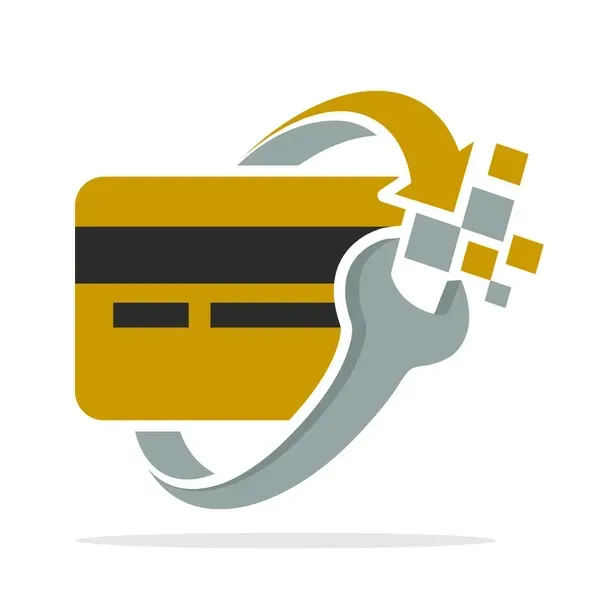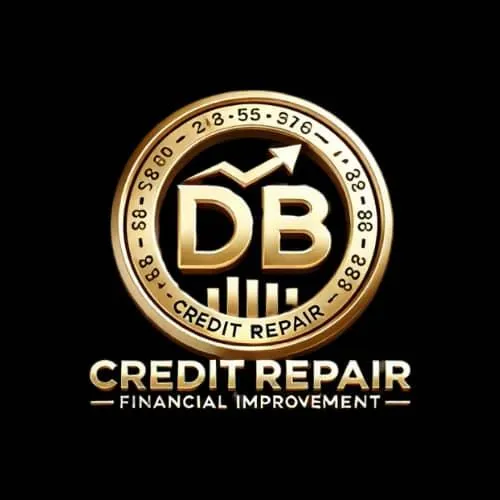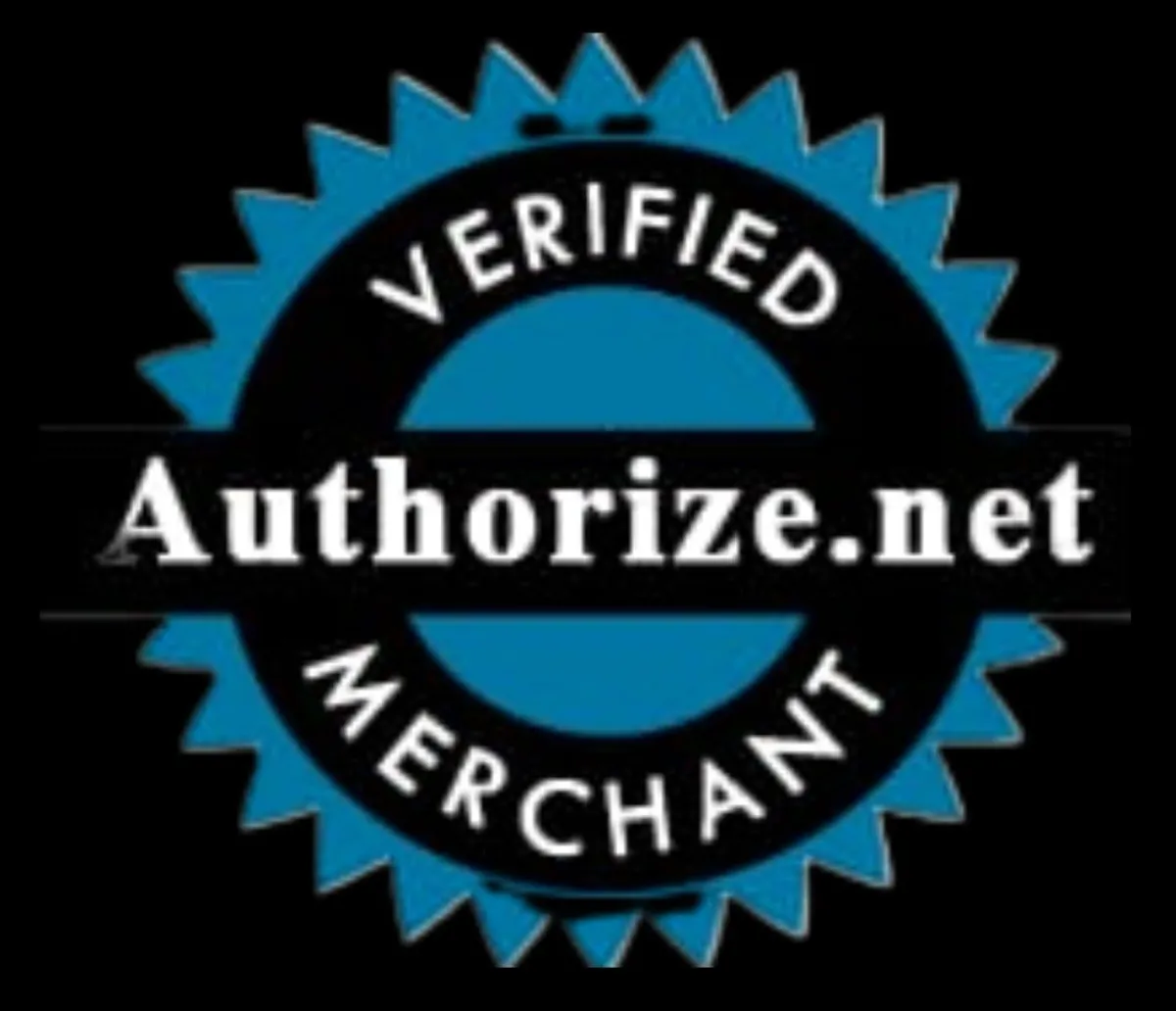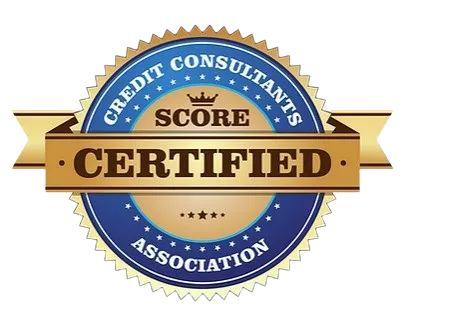Small Call to Action Headline
Credit Issues
How It Affects Your Credit and How We Can Help in Improving It
A good credit score is essential for accessing loans, mortgages, and even securing better job opportunities. Understanding your credit report and taking the right steps to improve your credit score can save you money and open doors to your financial future. This page is designed to provide valuable knowledge on how credit repair works and the steps you can take to fix your credit today.
Don’t let bad credit hold you back!
Understanding Late Payments and Their Impact on Your Credit
A late payment occurs when you fail to make a required payment on time, such as a credit card bill, mortgage, or loan payment. Late payments can negatively affect your credit score, lead to penalties or interest charges, and cause long-term damage to your financial health. The longer a payment is delayed, the more severe the impact on your credit.
How Late Payments Impact Your Credit
1. Credit Score Damage:
Late payments are reported to the credit bureaus and can lower your credit score. The more recent and frequent the late payments, the greater the impact on your credit score.
2. Higher Interest Rates:
A history of late payments can lead to higher interest rates on loans, credit cards, and mortgages, as lenders may consider you a higher-risk borrower.
3. Late Fees:
Most creditors charge late fees if you miss a payment, increasing the amount you owe and making it harder to catch up.
4. Potential for Default:
If late payments continue, the creditor may eventually declare you in default, which can lead to more severe consequences like account closure, repossession, or foreclosure.
Consequences of Late Payments
1. Difficulty in Obtaining Credit:
Late payments make it more challenging to qualify for loans, mortgages, or other
A late payment can stay on your credit report for up to seven years, making it harder to get approved for new credit.
2. Higher Costs:
Interest rates can increase, and you may face penalties that can compound your debt over time.
Difficulty in Obtaining Credit:
Late payments make it more challenging to qualify for loans, mortgages, or other credit products, and you may face higher approval standards.
3. Legal Action:
In extreme cases, continued non-payment can result in collection actions, lawsuits, or other legal measures.
Steps to Avoid Late Payments
1. Set Up Automatic Payments:
One of the easiest ways to avoid late payments is to set up automatic payments for your bills, ensuring that payments are made on time.
2. Create a Payment Schedule:
Use a calendar or budgeting app to keep track of payment due dates. This will help you stay organized and avoid missing any payments.
3. Set Payment Reminders:
If you prefer to make payments manually, set up reminders to notify you when a payment is due.
4. Prioritize Bills:
If you're struggling with multiple bills, prioritize essential payments (such as mortgages or car loans) and seek assistance from creditors for other less urgent payments.
5. Communicate with Creditors:
If you know you'll be late on a payment, contact your creditor as soon as possible to discuss possible solutions, such as a payment extension or modified payment plan.
Take Control of Your Credit & Financial Health with DB Credit Repair
Your credit score plays a crucial role in your financial future. At DB Credit Repair, we provide expert solutions to help you recover from financial setbacks, improve your credit score, and achieve long-term financial stability.
Late Payment Impact on Credit
Missed or late payments can significantly lower your credit score. We help you understand how late payments impact credit and provide strategies to get back on track.
Improve Your Credit Score Fast
Need a quick credit boost? Our proven strategies help you improve your credit score fast by addressing negative items, optimizing your credit utilization, and establishing better credit habits.
Credit Score Repair Services
With our credit score repair services, we dispute inaccuracies, remove negative marks, and develop personalized plans to rebuild and strengthen your credit.
Effective Debt Settlement Tips
Struggling with debt? Our effective debt settlement tips guide you in negotiating with creditors, reducing your debt burden, and preventing further credit damage.
Repair Financial Health Strategies
We don’t just fix credit, we help you build long-term financial stability. Our repair financial health strategies include budgeting advice, smart credit usage, and personalized financial guidance.
1. Fix Late Payment Issues
2. Boost Your Credit Score Fast
3. Settle Debt & Regain Financial Control
How DB Credit Repair Can Help You with Late Payments
1. Sign Up
Get started by choosing one of our credit repair plans. Once you enroll, we’ll begin the onboarding process and guide you through setting up your credit monitoring.
2. Dispute Errors
If there are any inaccuracies regarding your late payments (such as payments marked late when they were made on time), we’ll help you dispute these errors with the credit bureaus.
3. Debt Management Advice
We’ll assist in developing a debt management plan to help you pay off your balances in a timely manner, avoiding further late payments and reducing your overall debt.
4. Credit Restoration
Once late payments have been identified and resolved, we’ll help you restore your credit by advising you on the best steps to rebuild your credit score and get back on track financially.
Take Control of Your Credit Today
Don’t let late payments continue to damage your credit. Let DB Credit Repair help you get your finances back on track and improve your credit score.
What Are Collections and How Do They Affect Your Credit?
When you fail to pay a debt, the original creditor may transfer your account to a collection agency. This process, known as "collections," can severely damage your credit score and remain on your credit report for up to 7 years.
• Why Do Accounts Go to Collections?
1. Unpaid Bills: Missing payments on credit cards, loans, or medical bills.
2. Overlooked Small Balances: Forgetting to pay small balances can escalate into collection accounts.
3. Financial Hardships: Situations like job loss or unexpected expenses can lead to missed payments.
4. Poor Communication: Failing to communicate with creditors about repayment difficulties.
Steps to Avoid Collections
Pay On Time: Always prioritize paying bills on or before the due date.
Create a Budget: Plan your finances to ensure all bills are covered.
Communicate with Creditors: If you're unable to pay, contact your creditor to negotiate payment plans.
Check Your Statements Regularly: Ensure no balances are overlooked.
Monitor Your Credit Report: Regularly review your credit report for any signs of unpaid debts.
Consequences of Accounts in Collections
Credit Score Damage: Collections significantly lower your credit score.
Harassment from Collectors: Aggressive calls and letters can disrupt your peace.
Legal Actions: Some collection agencies may take legal action to recover debts.
Limited Financial Options: Having accounts in collections can make it harder to qualify for loans or credit cards.
How DB Credit Repair Can Help You with Collections
1. Sign Up
Get started by choosing one of our credit repair plans. Once you enroll, we’ll begin the onboarding process and guide you through setting up your credit monitoring.
2. Debt Validation Process
Under the Fair Debt Collection Practices Act (FDCPA), collection agencies must provide proof of the debt. We’ll send validation requests to ensure the debt is legitimate and legally enforceable.
3. Dispute Inaccurate Items
If the collections are inaccurate, outdated, or unverifiable, we’ll dispute them with the credit bureaus to have them removed from your credit report.
4. Negotiation Assistance
We’ll help you negotiate with creditors or collection agencies for lower settlement amounts, payment plans, or even a “pay-for-delete” agreement, where the account is removed after payment.
Take Action Today
Don’t let collections weigh down your financial future.
Get Started Now and take the first step toward a brighter financial future.
Charge-Offs and How Do They Impact Your Credit?
A charge-off occurs when a creditor writes off a debt as a loss after you’ve failed to make payments for an extended period, typically 180 days. While the creditor considers the debt uncollectible, you’re still legally obligated to pay it. Charge-offs can remain on your credit report for up to 7 years, significantly damaging your creditworthiness.
Why Do Charge-Offs Happen?
1. Prolonged Missed Payments: Consistently missing payments on credit cards or loans.
2. Financial Hardships: Situations like unemployment or medical emergencies that affect your ability to pay.
3. High Debt-to-Income Ratio: Overextending your finances, making it hard to keep up with payments.
4. Lack of Communication with Creditors: Failing to negotiate payment terms when experiencing financial difficulties.
Steps to Avoid Charge-Offs
1. Pay at Least the Minimum Due: Always strive to make at least the minimum payment on your accounts.
2. Set Up Autopay: Automate payments to avoid missing due dates.
3. Communicate with Creditors: If you can’t pay, contact creditors to request a hardship plan or reduced payments.
4. Consolidate Debts: Combine multiple debts into one manageable payment plan.
5. Monitor Your Credit Report: Regularly review your report to identify and address any potential issues early.
Consequences of Charge-Offs
1. Severe Credit Score Damage: A charge-off can drastically lower your credit score.
2. Difficulty Securing Credit: Future creditors may see you as a high-risk borrower.
3. Higher Interest Rates: If approved for credit, you may face higher interest rates.
4. Legal Actions: Some creditors may sell the charge-off to collection agencies, leading to harassment or lawsuits.
How DB Credit Repair Can Help You Resolve Charge-Offs
1. Sign Up
Get started by choosing one of our credit repair plans. Once you enroll, we’ll begin the onboarding process and guide you through setting up your credit monitoring.
2. Dispute Resolution
We’ll dispute inaccurate or unverifiable charge-offs with the credit bureaus under the Fair Credit Reporting Act (FCRA). If the creditor cannot validate the charge-off, it may be removed from your credit report.
3. Debt Settlement
Negotiation Our team can help negotiate with creditors for reduced settlements or a "pay-for-delete" agreement, where the charge-off is removed once payment is made.
4. Credit Restoration Guidance
We provide personalized strategies to help you rebuild your credit after resolving charge-offs, including creating a positive payment history and managing debts effectively.
Take Charge of Your Financial Future
Don’t let charge-offs keep you from achieving your financial goals. Get Started Today, and let us help you restore your credit and regain control of your finances.
Learn More On What We Remove












Ready to Rebuild Your Credit Today?
Options:

Get in Touch
Email: [email protected]
Customer Support: 📞Call Now
Whatsapp Us: https://wa.me
Address: 70 Virginia Rd. White Plains, NY 10603
Assistance Hours : Mon – Sat 9:00am - 7:00pm
Sunday – CLOSED
More Links



